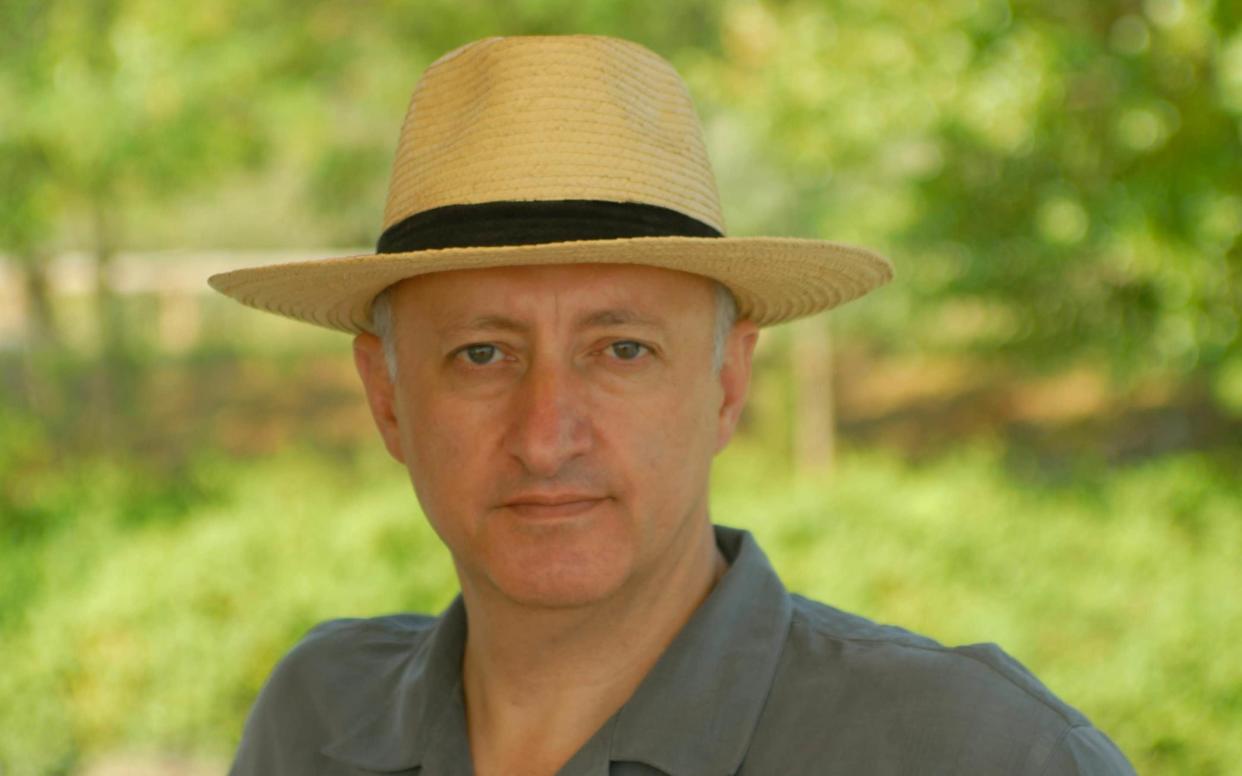'Say what you like about Nigel – but surely my name's not worse than Lucifer?'

As a 63-year-old Nigel, I’ve had plenty of time to come to terms with my name falling out of fashion. But I was miffed to find that in the just-published Office for National Statistics 2020 league table of boy baby names, ‘Lucifer’ was more popular than my moniker. Fifteen were named after the devil, apparently, while Nigel didn’t appear at all.
That’s a shame, frankly, because my resonant name has certainly stood me in good stead as I’ve journeyed around the world for the last 30 years writing travel features. Nigel is considered a very English name, little used beyond these shores, and that seems to suit the expectations of foreigners. One unforeseen benefit is that non-English speakers find it difficult to pronounce. I’m quite often called “Niggle”, which many will say is appropriate, and when I was a young child growing up in Singapore my amah (nursemaid) gave up completely and just called me ‘Jim’. I’ve been variously introduced as ‘Nidgle, Nig El, and – alarmingly – Knee Gel’, too.
When I complained to my mother at the age of eight that I would have preferred to have been dubbed Norman (I was a big fan of the comic actor Norman Wisdom at the time) she replied that she felt Nigel had a distinguished ring to it. There is some truth in this – why else would Fortnum & Mason sell a marmalade called Sir Nigel’s? That’s named in honour of the 1920s actor-manager Sir Nigel Playfair, and there is a theatrical lineage here. The talented Nigels Havers, Hawthorne and Planer are fine examples, although my name cred did take a dent when Ken Dodd decided to give one of his Diddymen the less than flattering title Nigel Ponsonby-Smallpiece.
Nigel last made the ONS top 100 boys’ names in 1974, ranked at number 55, before dropping out completely in 2016, then making a reappearance. On the 2020 list, Hudsons, Sonnys and Myleses abound: plus the 189 boys that are called Kylo, not to mention the 142 Kacpers and 64 Cais.
According to the stats, 1963 was the peak year for calling boys Nigel. That means I and some far more illustrious names such as racing driver Nigel Mansell, musician Nigel Kennedy and (let’s be inclusive here) Nigella Lawson were several years ahead of the trend, natch. A year later Nigel Farage was born, after which things clearly went downhill.
In 1979 XTC’s hit song Making Plans For Nigel was certainly catchy but on closer inspection gave the impression that Nigels tended to be staid and boring with overprotective parents and a guaranteed future in British Steel. On reflection, this probably explains the problems I encountered getting to know girls in my early 20s. Then, in the 1980s, the Australians developed the very unfair slang term ‘Nigel no friends’, while the lead guitarist in the 1984 satirical rock band movie This Is Spinal Tap was, inevitably, a Nigel.
I wouldn’t want to be anyone but a Nigel, though. My wife was christened Frances but then changed her name to the endlessly popular Alice simply through common usage. I would never do that. You are what you are named, just as you end up with the face that stares back at you from the mirror every morning. Some like to call me Nige, which is endearing but ugly, while others say I’m very much a Nigel, which is disconcerting but better than being an obvious Adolf.
Could my now very middle-aged-sounding name come back in vogue? I fancy so. When my wife and I named our two children we consulted a crossword dictionary (I’m a writer – OK?) and chose names that were big on “l”. Others just look their newborn baby in the tiny eye and think yes, that’s a – well, Nigel. Apparently my name derives from the Old Gaelic word Niall, meaning champion, and if it was good enough for my mother and father, that’s certainly good enough for me.

 Yahoo News
Yahoo News 
